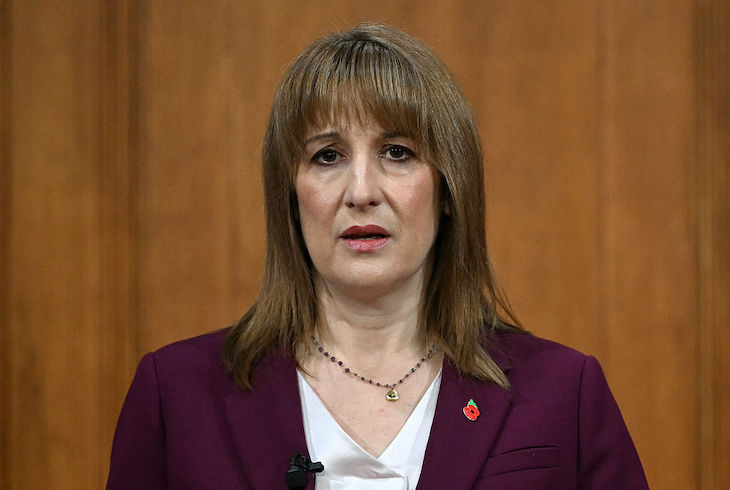As the government makes growth its top priority, one critical lever risks being overlooked: monetary policy. Ministers are busy wrestling with fiscal constraints and the pressures of a sluggish economy, but too much focus remains on spending pledges and supply-side fixes, and too little on the frameworks that shape demand and investment. Ahead of this week’s Spring Statement, they must ask a harder question: is the Bank of England’s inflation-targeting regime now holding back Britain’s recovery?
The Bank of England remains bound to its rigid 2 per cent inflation target
As I argue in my new Institute of Economic Affairs paper, Rethinking Monetary Policy, inflation targeting is no longer fit for purpose. At stake is whether the UK should now move beyond inflation targeting and adopt a nominal GDP (NGBP) target: one that better supports the government’s wider ambition to revive growth and restore confidence.
At present, the Bank remains bound to its rigid 2 per cent inflation target. While this has served as a credible nominal anchor for more than three decades, its shortcomings are becoming harder to ignore. The aftermath of the Covid-19 pandemic offers a stark example. A global supply shock triggered both a sharp contraction in output and a spike in inflation. Despite the economy’s deep fragility, the Bank responded by raising interest rates aggressively to meet its price stability mandate. Inflation was reined in, but at a significant cost – delaying the recovery in output and investment and tightening financial conditions just when the economy needed support.
A more balanced response would have been possible under an NGDP-targeting framework. Unlike strict inflation targeting, which obliges the Bank to dampen demand (by raising rates) even when economic weakness is the central concern, NGDP targeting would have allowed inflation to rise temporarily while helping output recover more quickly. It would have provided a more adaptable framework, balancing inflationary risks with the need to sustain output and investment.
To the Bank of England’s credit, it has shown pragmatism within its existing remit. It has tolerated temporary inflation overshoots during downturns to avoid deepening recessions, implicitly accepting that bringing inflation back to target can occur over a longer horizon. Yet the need to protect the credibility of the inflation target ultimately limits this flexibility. NGDP targeting would formalise this trade-off, granting the Bank greater scope to ease policy during periods of economic weakness while preserving a clear nominal anchor over the long term.
This issue is now urgent because Labour’s fiscal strategy increasingly depends on unlocking investment-led growth. The government’s mission to revive productivity – particularly in the public sector – and to catalyse private sector investment, demands a macroeconomic backdrop where monetary policy reinforces, rather than counteracts, these efforts. Under NGDP targeting, investment decisions would be less likely to be derailed by premature monetary tightening aimed at curbing inflation caused by supply-side shocks.
Moreover, the benefits of such a shift would extend beyond the current cycle. In the face of future supply shocks – whether stemming from global supply chain disruptions, commodity price surges, or geopolitical instability – NGDP targeting would allow monetary policy to share the burden more equitably between inflation and output. This would reduce the risk of persistent stagnation by avoiding the blunt option of fighting inflation solely through demand suppression.
But this is not merely a technocratic debate; it speaks to the future direction of economic policymaking. Central banks adopted an inflation target to guard against the inflationary excesses of the 1970s and 1980s. Yet today, the risks also lie elsewhere – in demand shortfalls, underinvestment, and repeated failures to recover quickly from economic shocks. A narrow inflation-targeting regime, while once suitable, now risks entrenching these patterns rather than correcting them.
As the Chancellor prepares to deliver her Spring Statement on Wednesday, this is a debate Rachel Reeves and her officials can no longer avoid. Without reform, monetary and fiscal policy will continue to pull in opposite directions, undermining the government’s pledge to unlock investment and deliver sustainable growth. A move to NGDP targeting would recognise that Britain’s economic landscape has shifted — and that monetary policy must adapt to the realities of a more volatile and uncertain world. If Britain is serious about securing long-term prosperity, it needs a framework that removes the constraints now holding back recovery and investment.







Comments